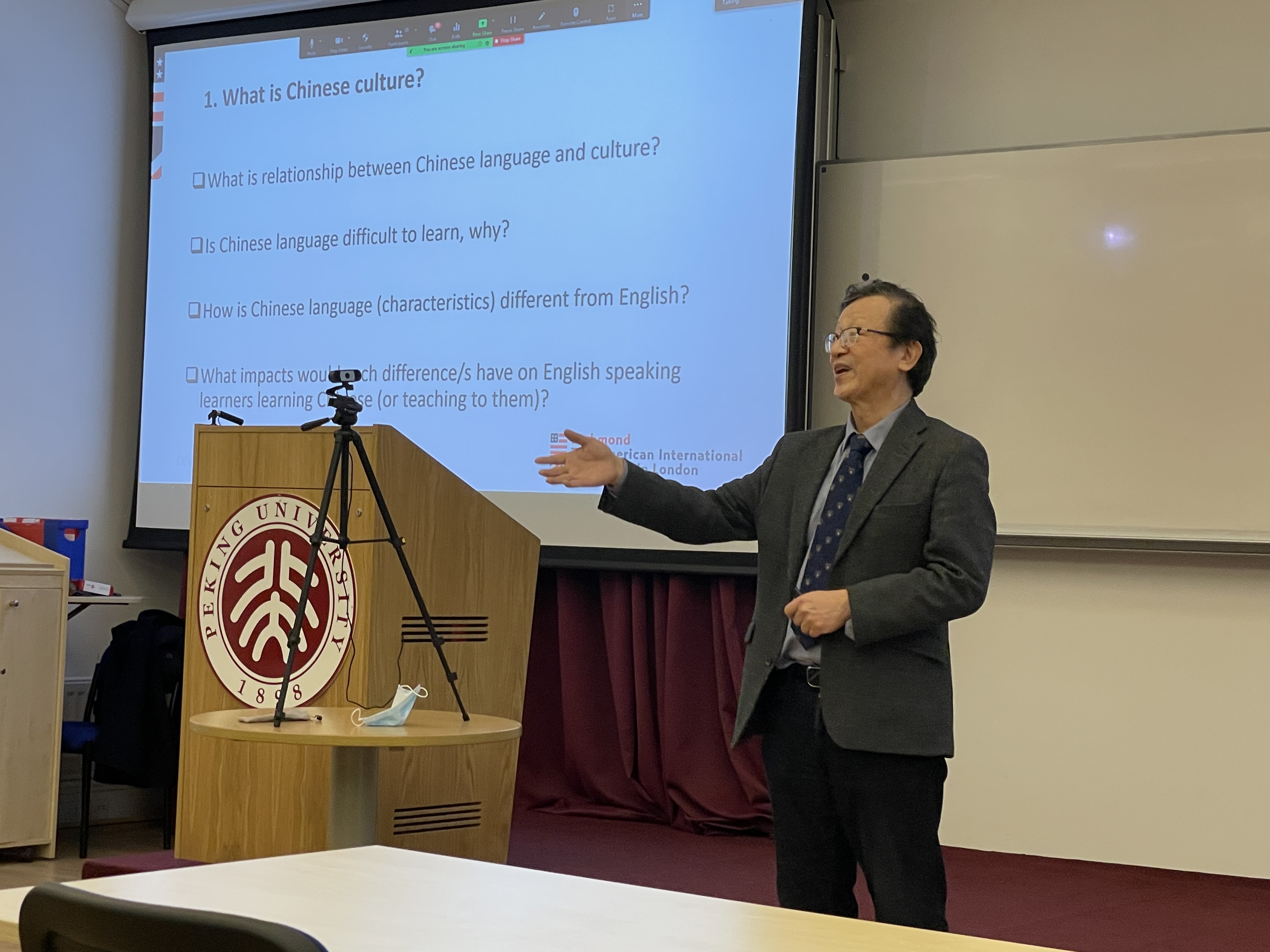
News
The following remarks delivered by Dean Hai Wen at PHBS 2021 co
News
The following remarks delivered by Dean Hai Wen at PHBS 2021 co
News
The following remarks delivered by Dean Hai Wen at PHBS 2021 co
News
The following remarks delivered by Dean Hai Wen at PHBS 2021 co